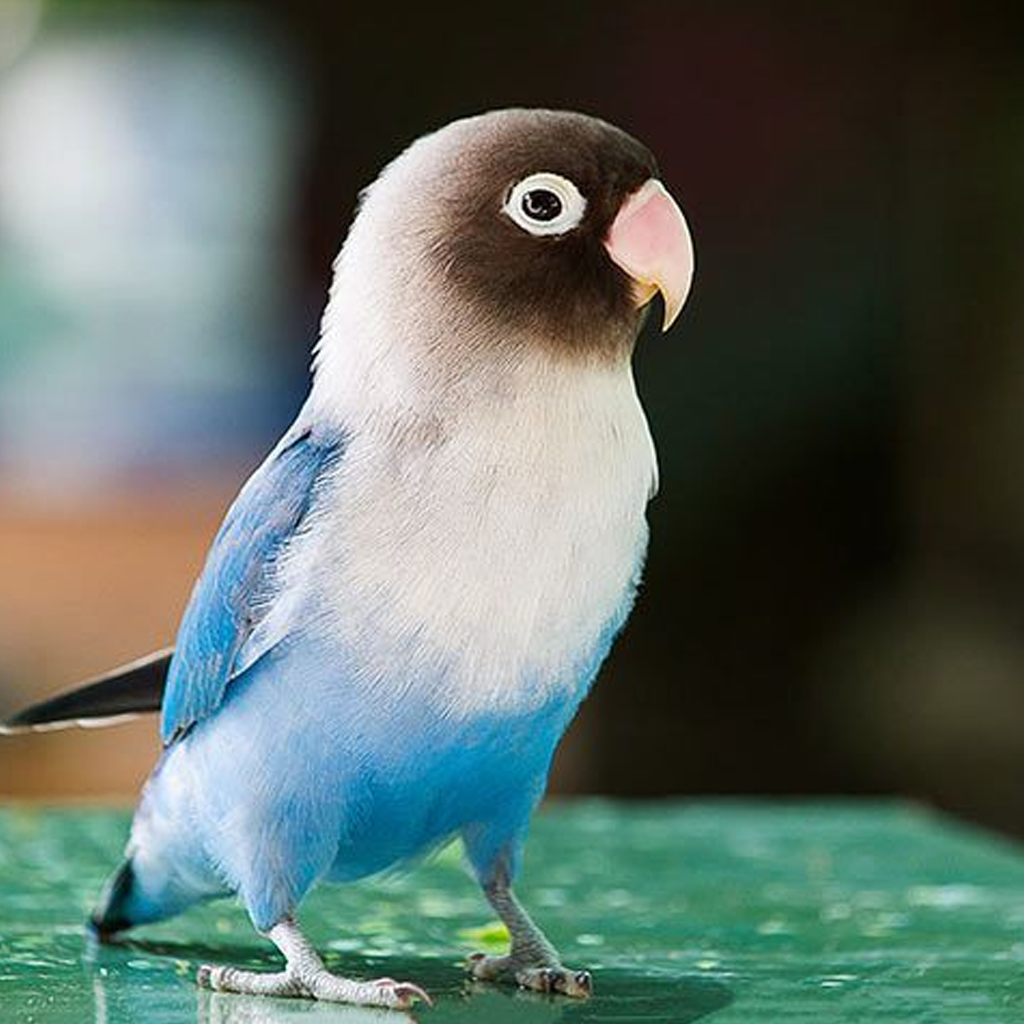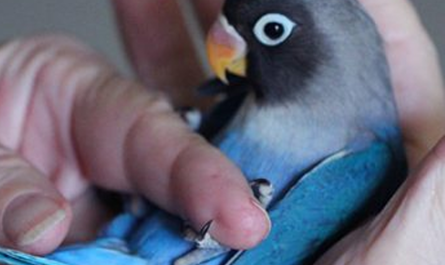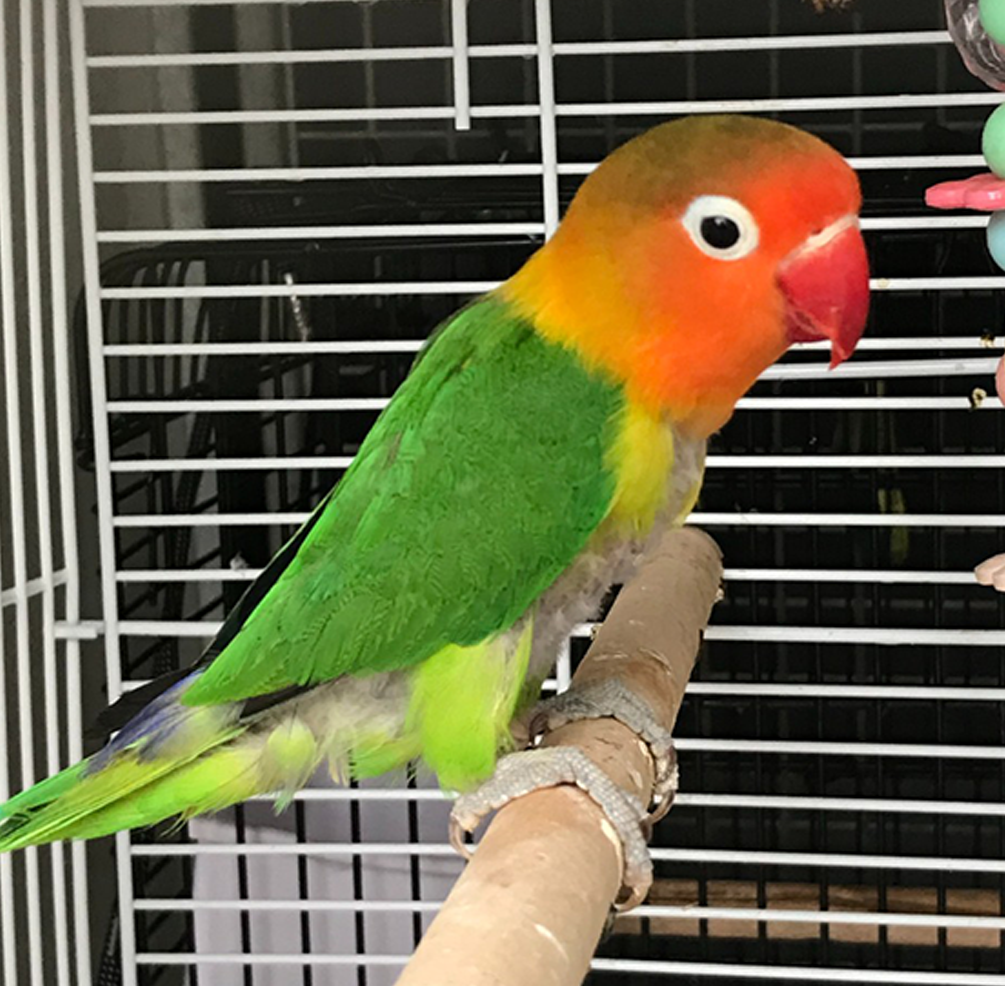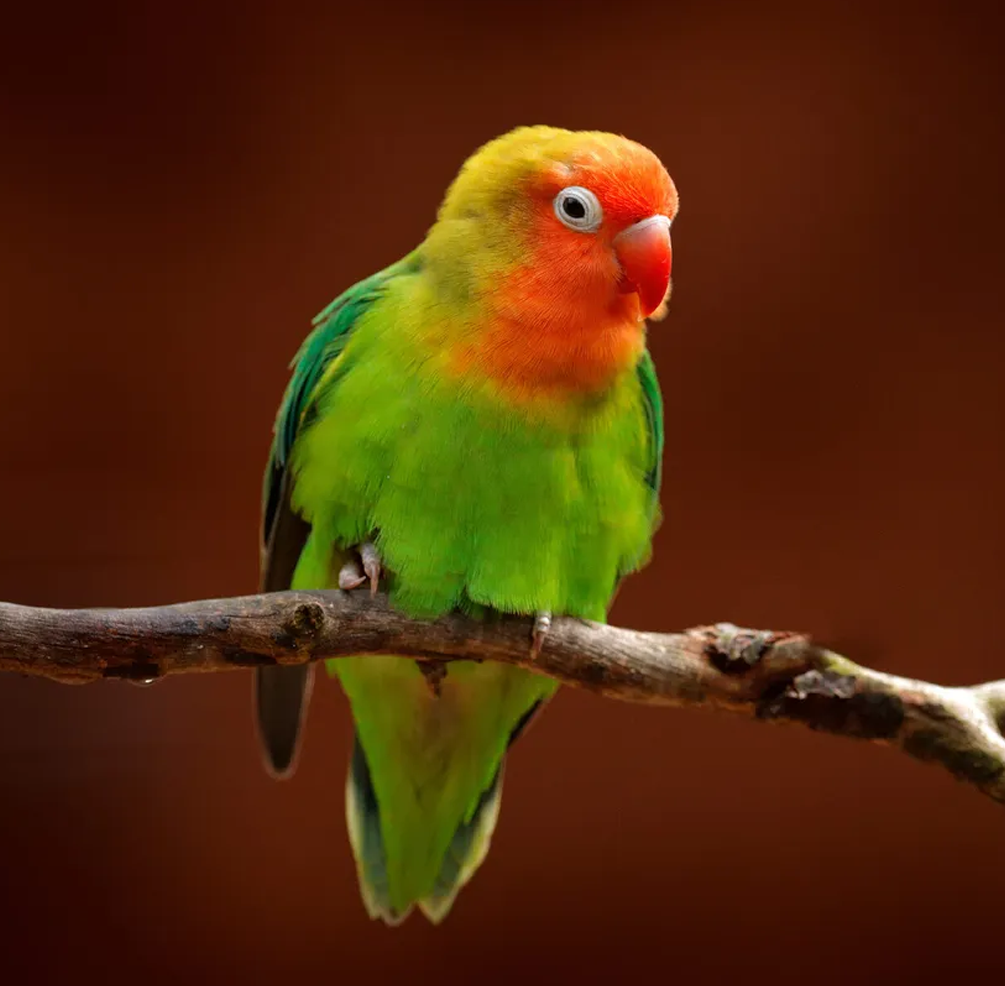Introduction:
Lovebirds are charming, affectionate birds that make wonderful pets. One of the most common questions potential lovebird owners ask is, « How long do lovebirds live? » Understanding the lifespan of lovebirds is essential for anyone considering bringing these vibrant birds into their home. In this guide, we’ll explore the factors that influence a lovebird’s lifespan, how to care for them properly, and what you can do to ensure your lovebird enjoys a long and healthy life.
1. Average Lifespan of Lovebirds
Lovebirds, when well cared for, can live anywhere between 10 to 15 years, with some even reaching up to 20 years. Their lifespan can vary based on factors such as species, genetics, diet, and overall care. On average:
- Fischer’s Lovebirds: Typically live 10 to 15 years.
- Peach-Faced Lovebirds: Can live 12 to 15 years.
- Masked Lovebirds: Generally live 10 to 12 years.
2. Factors Affecting Lovebird Lifespan
Several key factors can influence how long your lovebird will live:
- Diet: A balanced, nutritious diet is crucial. Lovebirds thrive on a mix of high-quality seeds, fresh fruits, vegetables, and specially formulated pellets.
- Exercise: Regular physical activity is essential for maintaining a lovebird’s health. Ensure they have enough space to fly and play.
- Social Interaction: Lovebirds are highly social and require companionship. Keeping them in pairs or providing ample social interaction with their human owners is important.
- Environment: A clean, safe, and stimulating environment contributes significantly to a lovebird’s well-being. The cage should be spacious, with plenty of toys and perches.
3. Common Health Issues in Lovebirds
While lovebirds are generally healthy birds, they are prone to certain health issues that can affect their lifespan:
- Psittacine Beak and Feather Disease (PBFD): A viral infection that can be fatal.
- Respiratory Infections: Often caused by drafts, poor ventilation, or a dirty environment.
- Nutritional Deficiencies: Resulting from an imbalanced diet, leading to issues such as obesity or malnutrition.
Regular vet check-ups and a vigilant approach to their health can help detect and treat problems early, extending your lovebird’s life.
4. Tips for Extending Your Lovebird’s Lifespan
To help your lovebird live a long, healthy life, consider these tips:
- Provide a Varied Diet: Offer a mix of seeds, pellets, fruits, and vegetables.
- Ensure Regular Exercise: Allow your lovebird to fly and explore outside the cage under supervision.
- Maintain Cleanliness: Keep the cage and surrounding area clean to prevent infections.
- Socialize Daily: Spend time interacting with your lovebird to fulfill their social needs.
5. Signs of Aging in Lovebirds
As lovebirds age, they may exhibit signs such as reduced activity levels, changes in plumage, or a decrease in appetite. Recognizing these signs and adjusting their care accordingly can help maintain their quality of life in their later years.
Conclusion:
Understanding how long lovebirds live and the factors that influence their lifespan can help you provide the best care for your feathered friend. With proper diet, exercise, and attention to their health, you can ensure your lovebird enjoys a long and happy life by your side.
Share this content:




